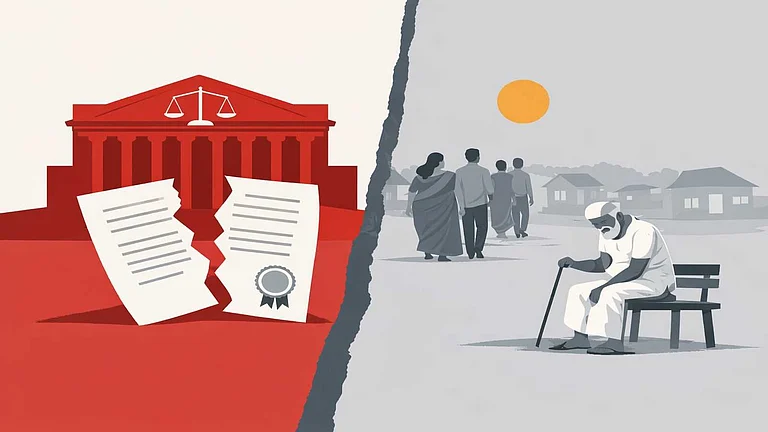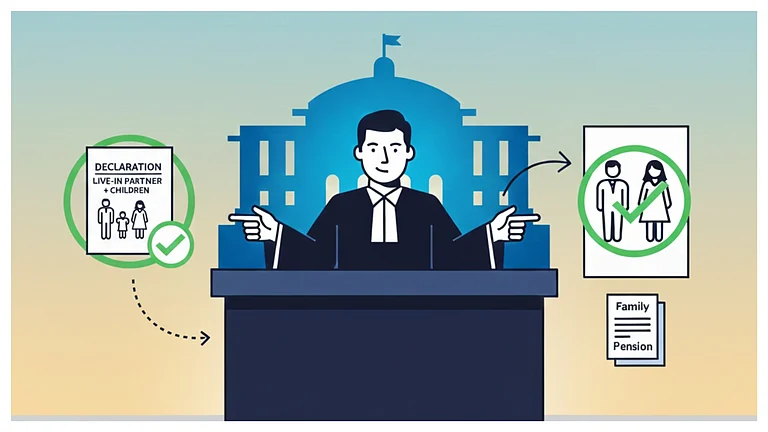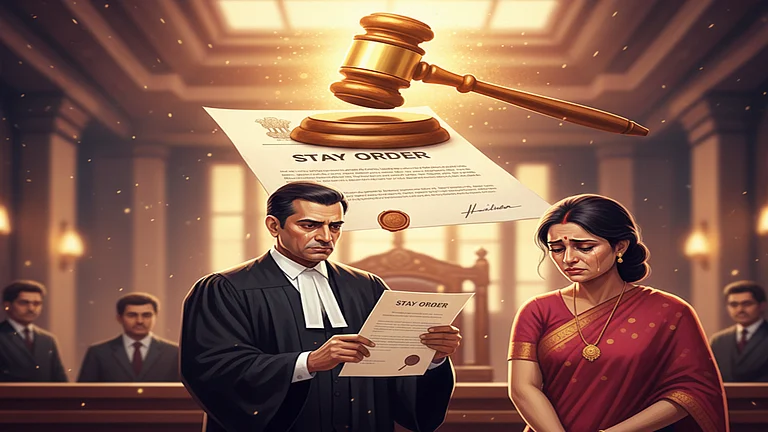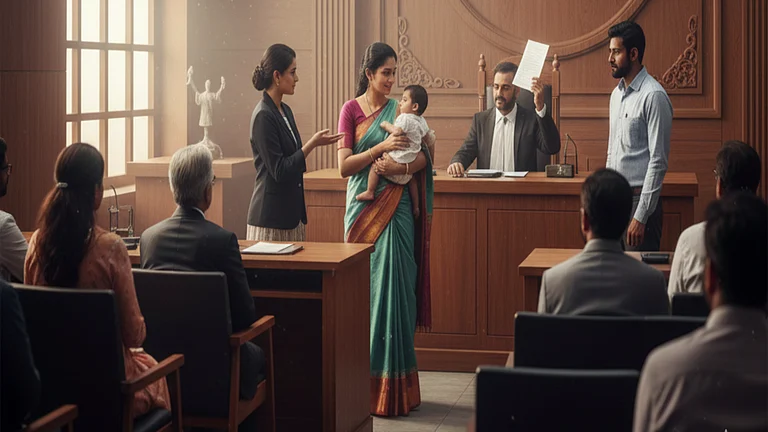The Madras High Court, in a recent judgement, held that parents can revoke gift deeds if children don’t take care of their parents or fail to maintain them. Citing Section 23 (1) of the Maintenance and Welfare of Parents and Senior Citizens Act, 2007, the court ruled that a senior citizen has the right to revoke a gift deed settled in favour of their children or relatives if children do not maintain them. Revoking a deed is allowed even if it is not expressed in the deed.
According to Section 23 (1) of the Act, “Where any senior citizen who, after the commencement of this Act, has by way of gift or otherwise, his property, subject to the condition that the transferee shall provide the basic amenities and basic physical needs to the transferor and such transferee refuses or fails to provide such amenities and physical needs, the said transfer of property shall be deemed to have been made by fraud or coercion or under undue influence and shall at the option of the transferor be declared void by the Tribunal”.
The court held that typically senior parents transfer their property to their children with an expectation that they will be cared for by their children in their old age. The Act of transferring property is out of love and affection but it may not always be explicitly written in the deed.
In this case, S Nagalakshmi, a senior citizen who has transferred some property to her son, alleged that her son was not taking care of her. After her son’s death, his wife (daughter-in-law) was also neglecting her (the petitioner). The elderly woman then filed the case against her daughter-in-law seeking revocation of the gift deed.
According to the media reports, the Revenue Divisional Officer (RDO) found that the senior citizen, aged 87 then, was neglected by her daughter-in-law and asked to cancel the transfer of property.
In repose to RDO’s decision, the daughter-in-law filed a petition in the high court but her plea was dismissed by the single-judge bench. She pursued the case and filed another plea before a Division Bench with the argument that the deed doesn’t mention any condition for cancellation of the deed.
After hearing both sides the High Court decides that the elderly woman, Nagalakshmi, has transferred her property under good faith, love, and affection towards her son and with an expectation that he (her son) and his family will take care of her during her lifetime. The old woman has three daughters and one son but she has transferred her property to her son only rather than distributing it equally among all children.
The court observed that even if the condition of being cared for is not expressly mentioned in the gift or settlement deed, an implied condition is sufficient under the Senior Citizens Act, 2007. Thus, depending on the settlement deed or the gift deed, a conclusion can be reached.
According to Section 5 of the Act, “An application for maintenance under section 4, may be made by a senior citizen or a parent, as the case may be; or if he is incapable, by any other person or organisation authorised by him; or the Tribunal may take cognizance suo motu”.
The court clarified that under Section 23 (1) of the Act, it is not required to explicitly mention being maintained in old age, but it is implied. The court held that the implied conditions of love, affection, and care can be discerned from the gift deed and in failing to fulfill the implied conditions, any transfer of property of the gift deed can be revoked.
In January this year, the Supreme Court of India also reversed the order of the Madhya Pradesh High Court which held that the gift deed cannot be annulled. The Supreme Court said that the provisions of the Act are for the welfare of seniors, and these should be interpreted liberally rather than strictly. The Supreme Court then held that under the Maintenance And Welfare Of Parents And Senior Citizens Act, the gift deed can be quashed if children fail to maintain their parents.
To get this month's issue of Outlook Money magazine on Amazon, click here


















